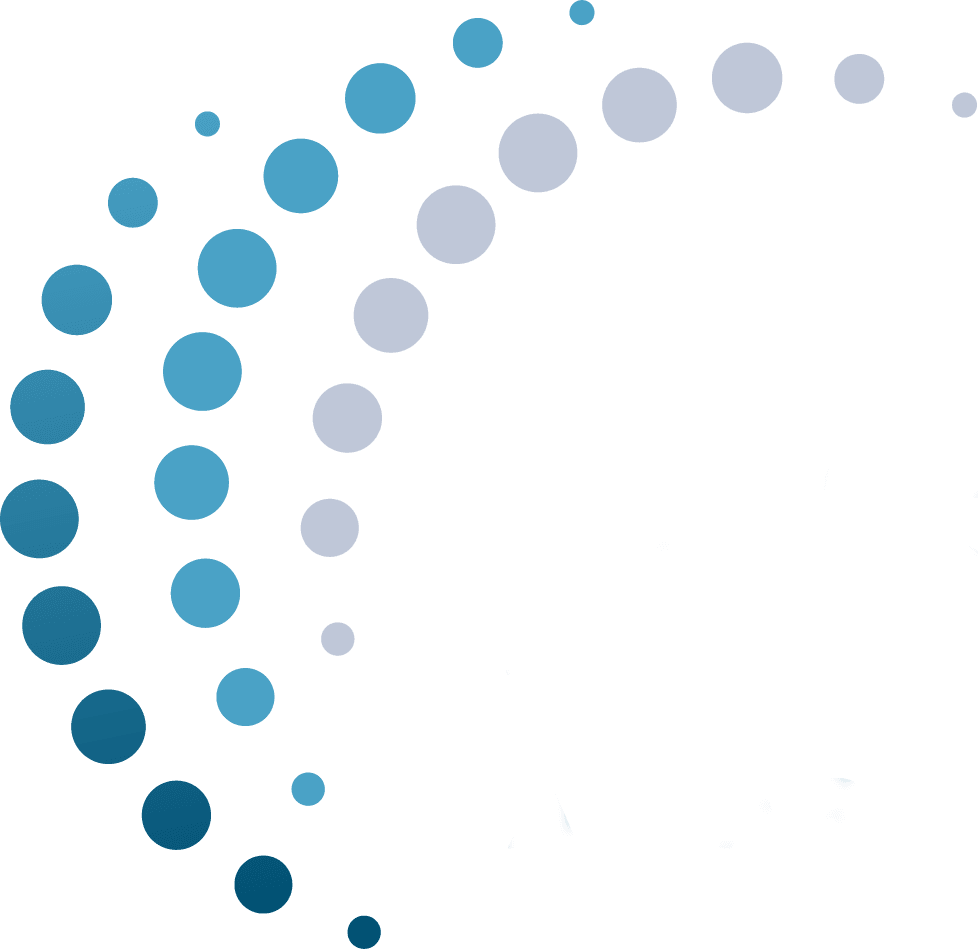
First Gene Therapy for Rare Skin Disorder, Offering New Hope for Wound Healing in Dystrophic Epidermolysis Bullosa (DEB)
Vyjuvek™ (beremagene geperpavec), a topical gene therapy for the relief of a rare genetic skin disorder.

Vyjuvek, a new treatment for dystrophic epidermolysis bullosa (DEB), is a step closer to being made available for DEB patients in the UK with the recent news that the US Food and Drug Administration (FDA) has approved it for treatment of DEB in patients, aged 6 months and older.
DEB is caused by mutations in the COL7A1 gene, resulting in a deficiency of collagen 7 (COL7), a crucial protein for skin strength and stability. Symptoms vary in severity, with some patients experiencing widespread blistering, fusion of fingers and toes, vision loss, anemia, and a high risk of aggressive skin cancer.
Vyjuvek is a topical gene therapy that utilizes a harmless modified herpes simplex virus to deliver two healthy copies of the COL7A1 gene directly to the skin cells in wounds. By enabling the production of functional COL7 protein, Vyjuvek strengthens the skin, reduces blistering, and promotes wound healing.
Vyjuvek is a biological suspension, which is mixed with a non-active ingredient gel and is applied once per week as droplets over the wound, with the application performed by a healthcare professional. The recommended dose depends on the size of the wound.
The US FDA approval was based on the results of two clinical studies which demonstrated complete wound healing at 3 and 6 months.
- GEM-1 involved nine participants, including both adults and children, with severe DEB. The study demonstrated that Vyjuvek-treated wounds showed healing and closure and remained healed for at least 3 months, while wounds treated with a placebo showed varying amounts of healing or worsening.
- GEM-3, involving 31 individuals with mostly severe DEB, showed that Vyjuvek-treated wounds had a considerably higher rate of healing compared to the placebo group at both the three-month and six-month mark.
In these studies, Vyjuvek was generally safe and well tolerated with no serious treatment-related adverse events reported. While the therapy's long-term effectiveness and durability of wound closure remain to be fully understood, Vyjuvek offers hope for individuals with DEB by not only closing existing wounds, but also preventing future blistering and reopening of the skin.
The European Medicines Agency (EMA) has also granted Vyjuvek orphan drug designation, a status given to certain drugs which show promise in the treatment, prevention, or diagnosis of a rare condition, such as EB. One of the benefits of this status is a simplified process for getting marketing authorisation for the EU.
Whilst this development doesn’t mean that Vyjuvek will be available for DEB patients in the UK immediately, it is a positive step towards achieving UK availability. Once the European Medicines Agency (EMA) has approved Vyjuvek for treatment of DEB in the EU it is hoped that the Medicines and Healthcare products Regulatory Agency (MHRA) will follow suit and make this treatment available for DEB patients in the UK too.
Outside of the US, the European Medicines Agency has granted Vyjuvek orphan drug designation and PRIME (PRIority MEdicines) eligibility for the treatment of DEB. The Company anticipates starting the official Marketing Authorization Application procedure in the second half of 2023 with a potential approval in 2024.
To learn more about Vyjuvek Gene Therapy, click here.